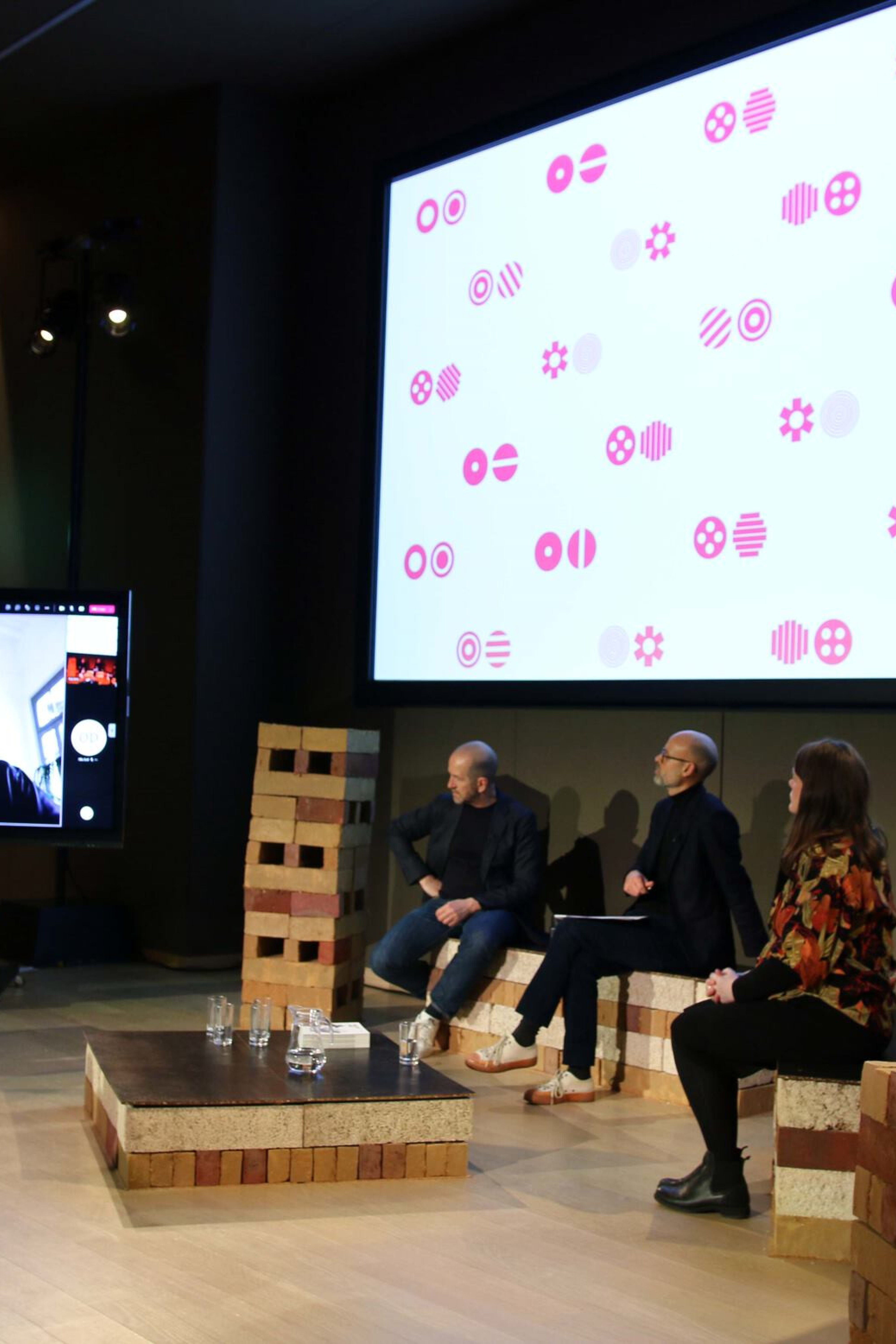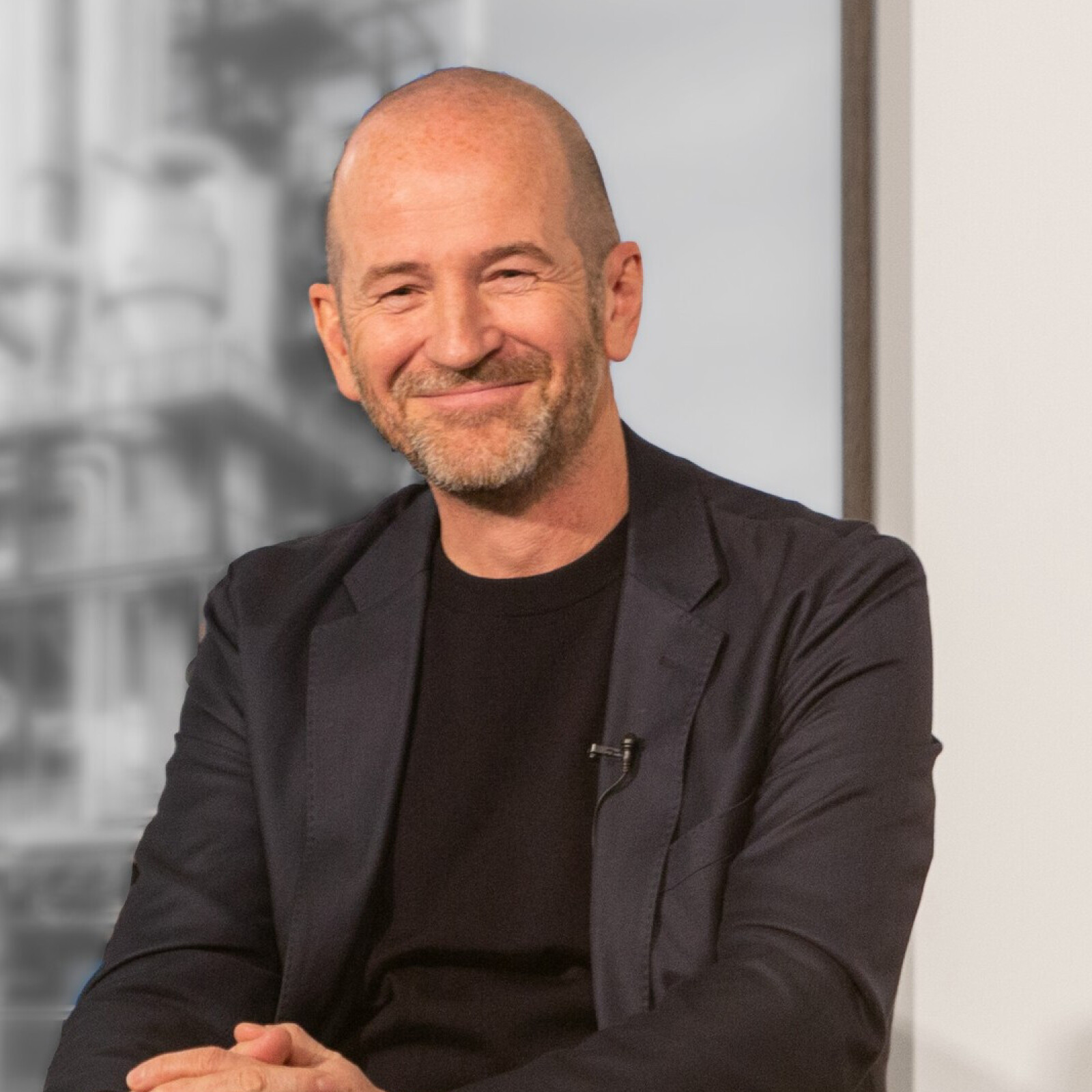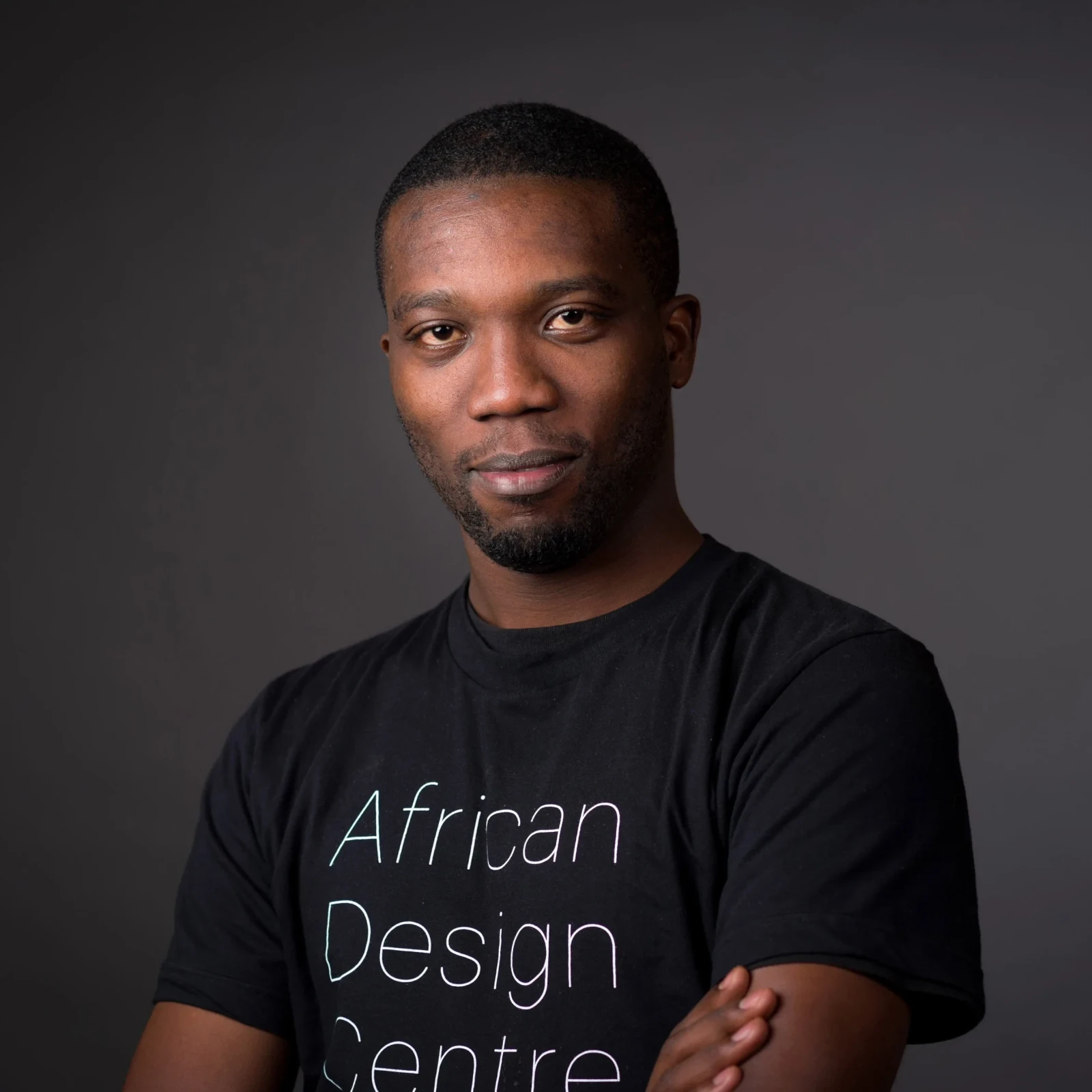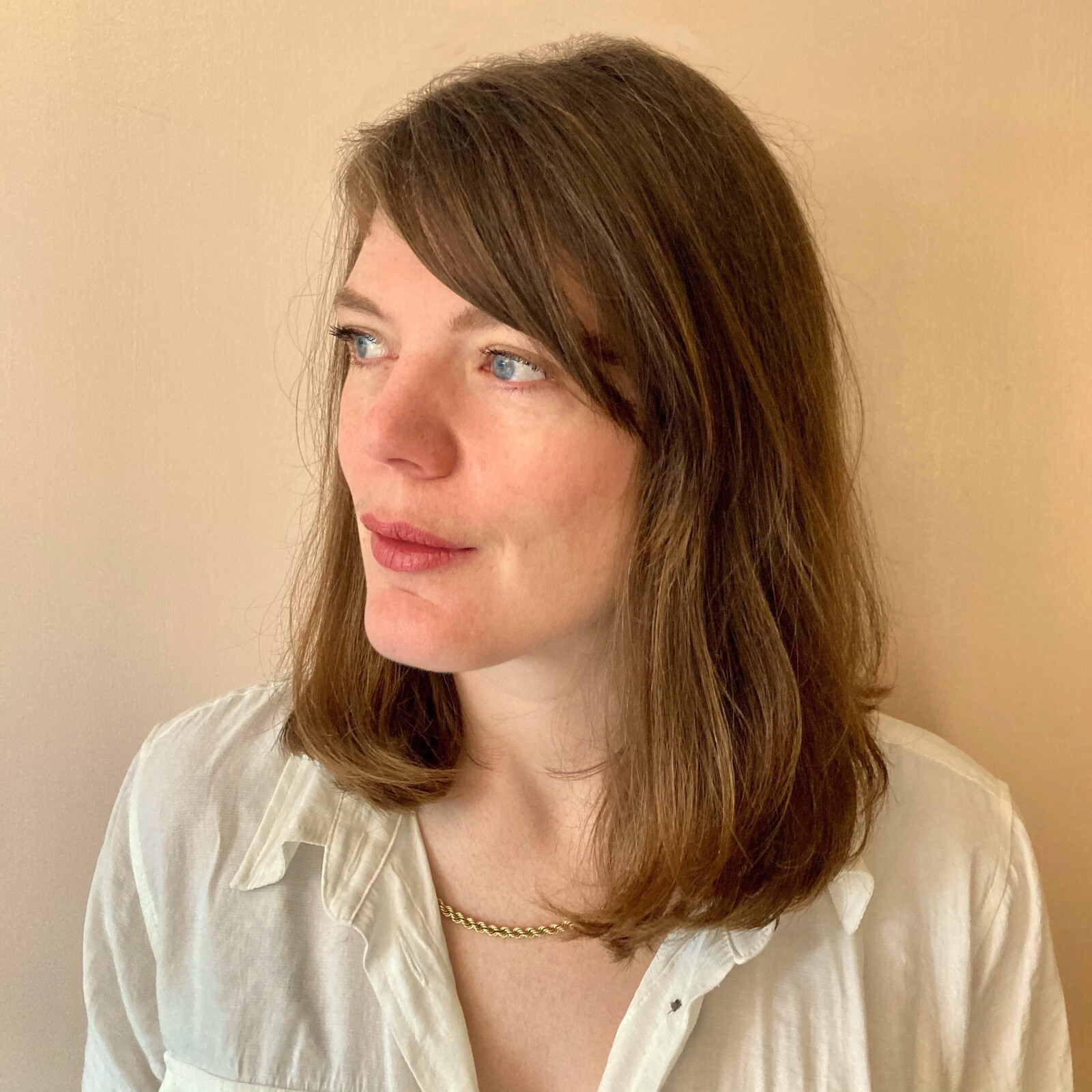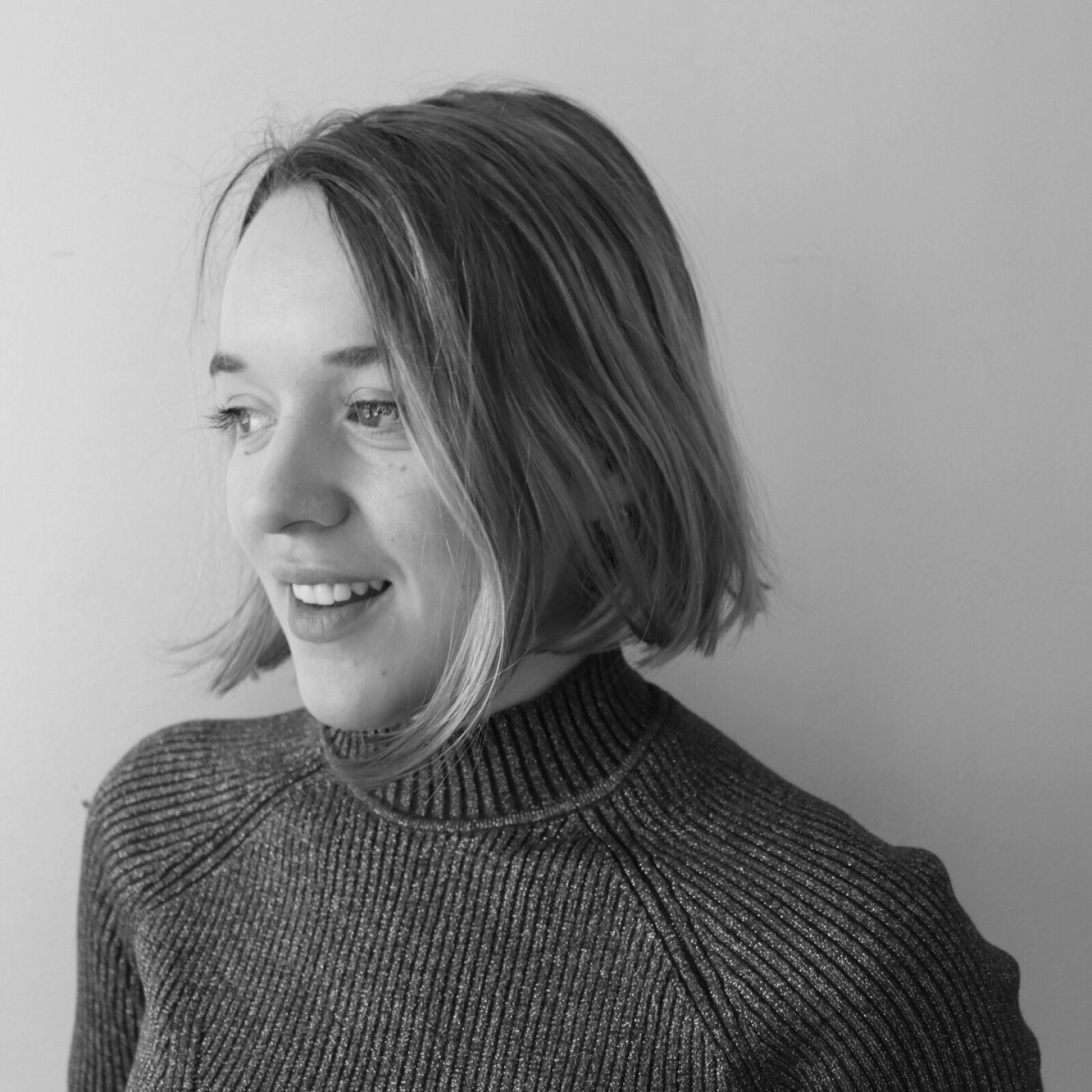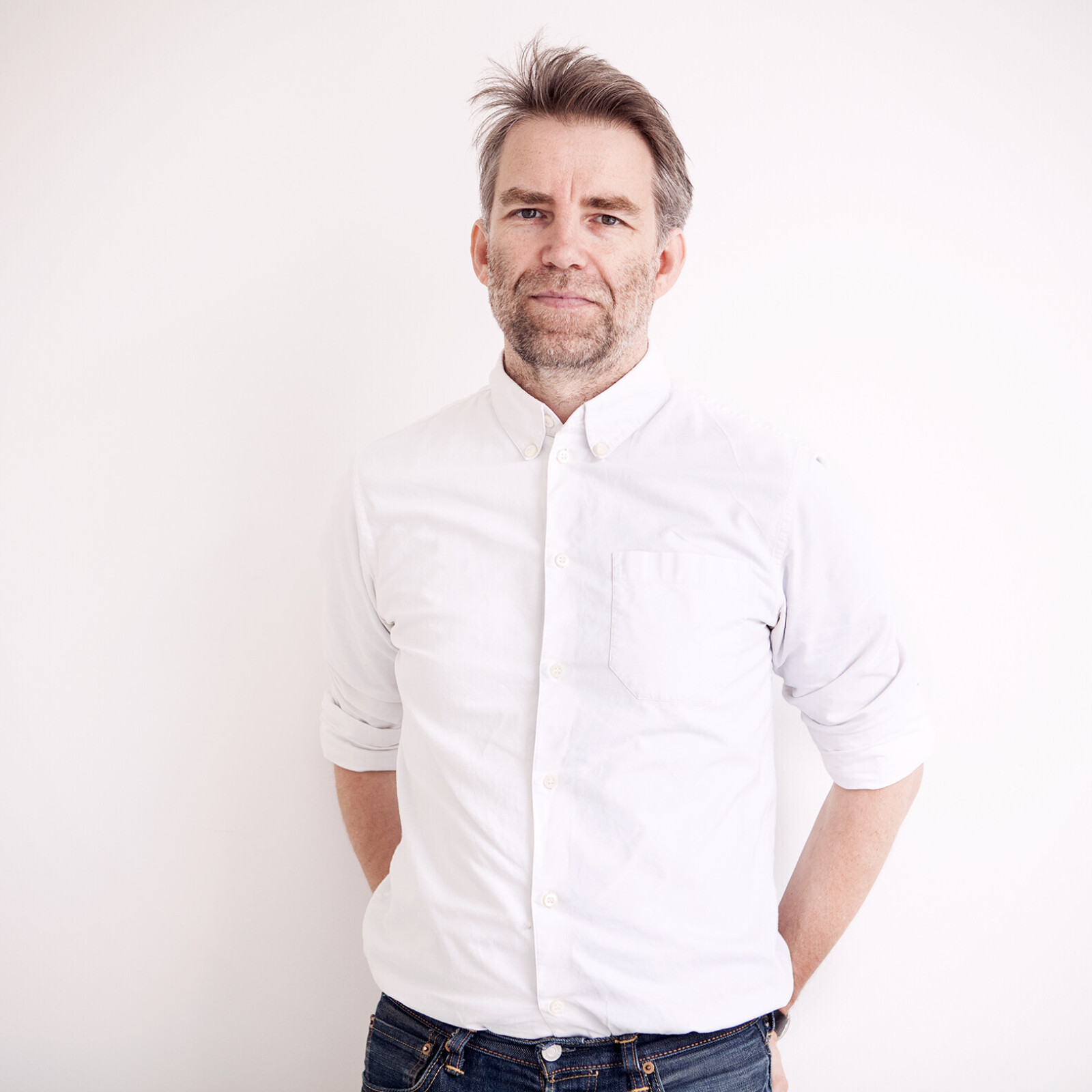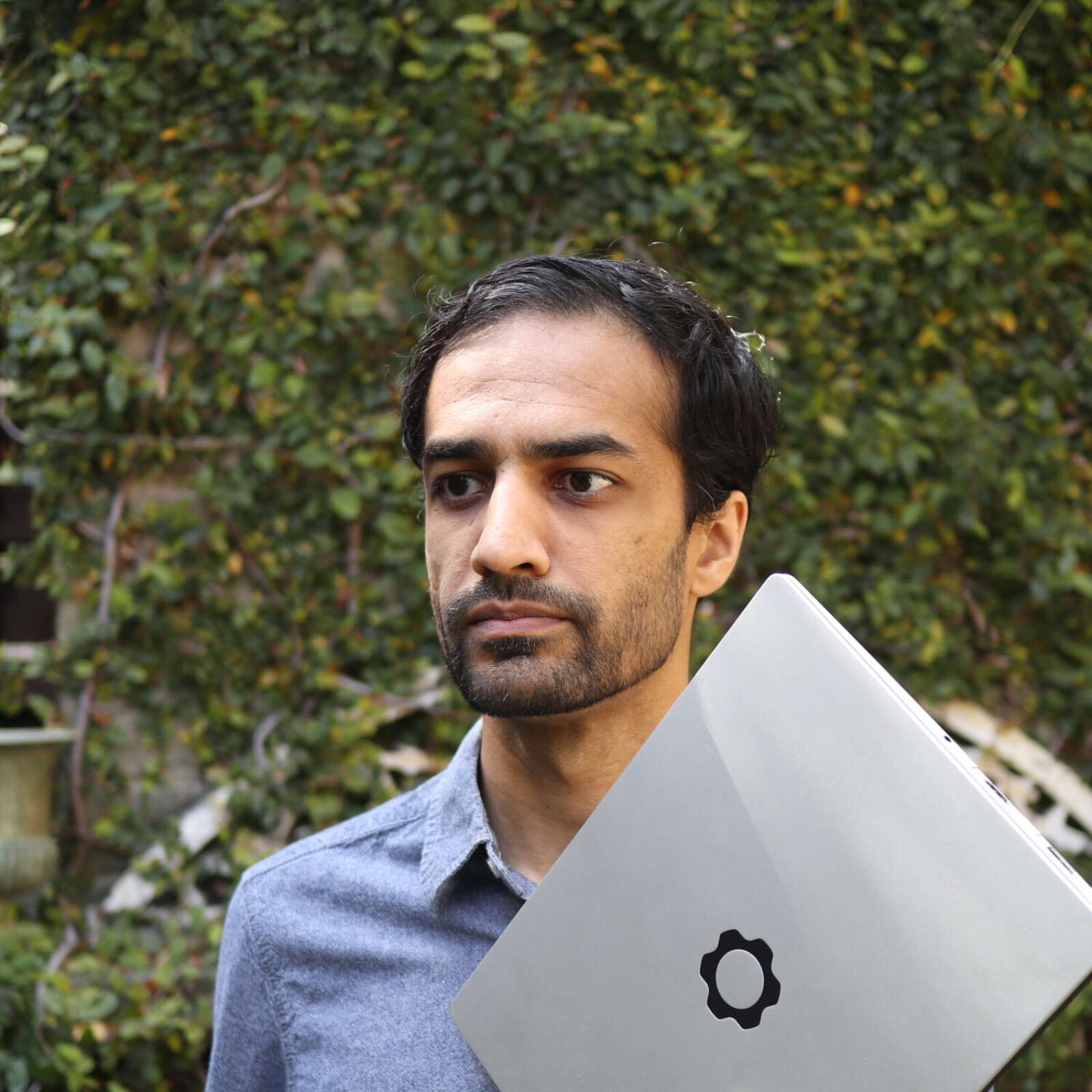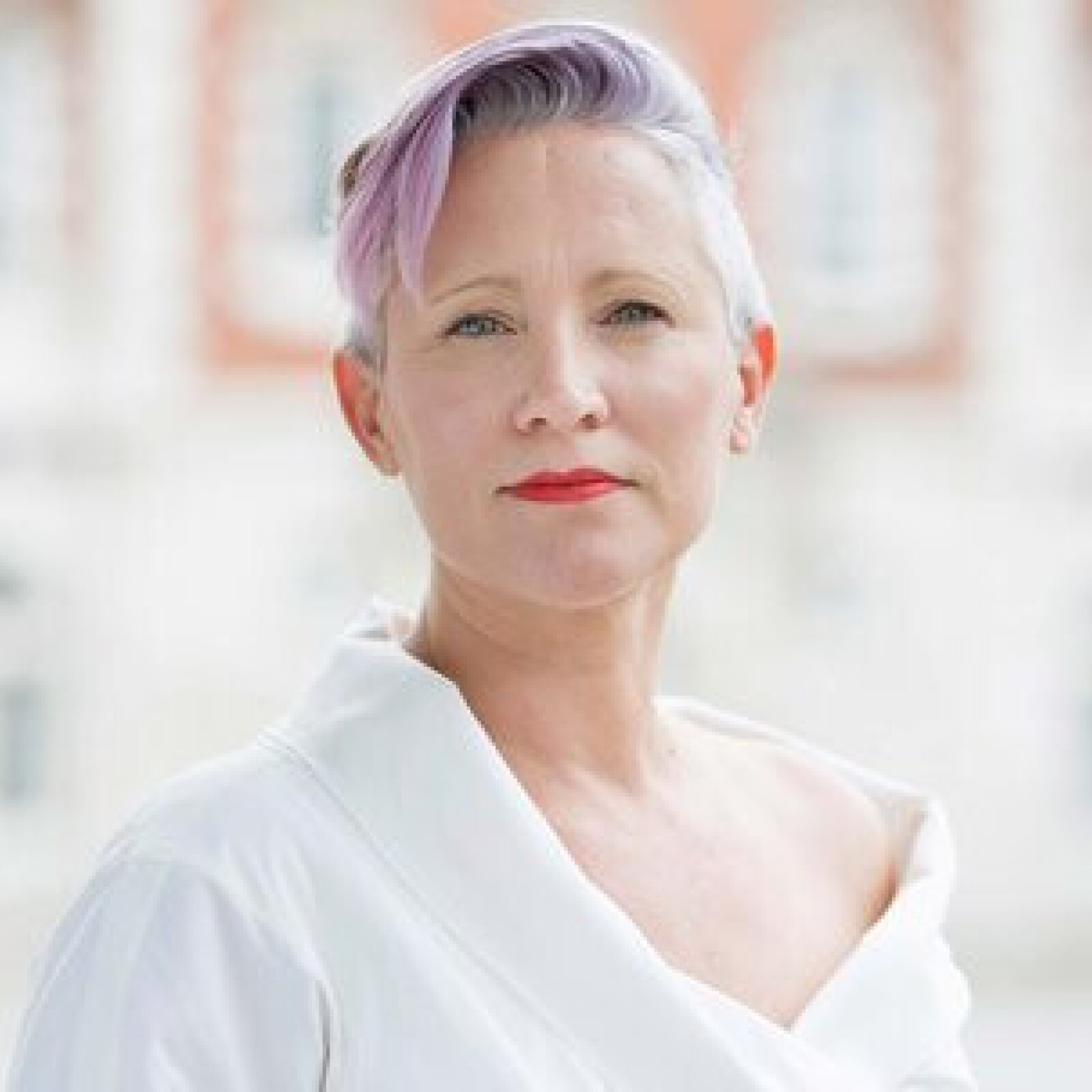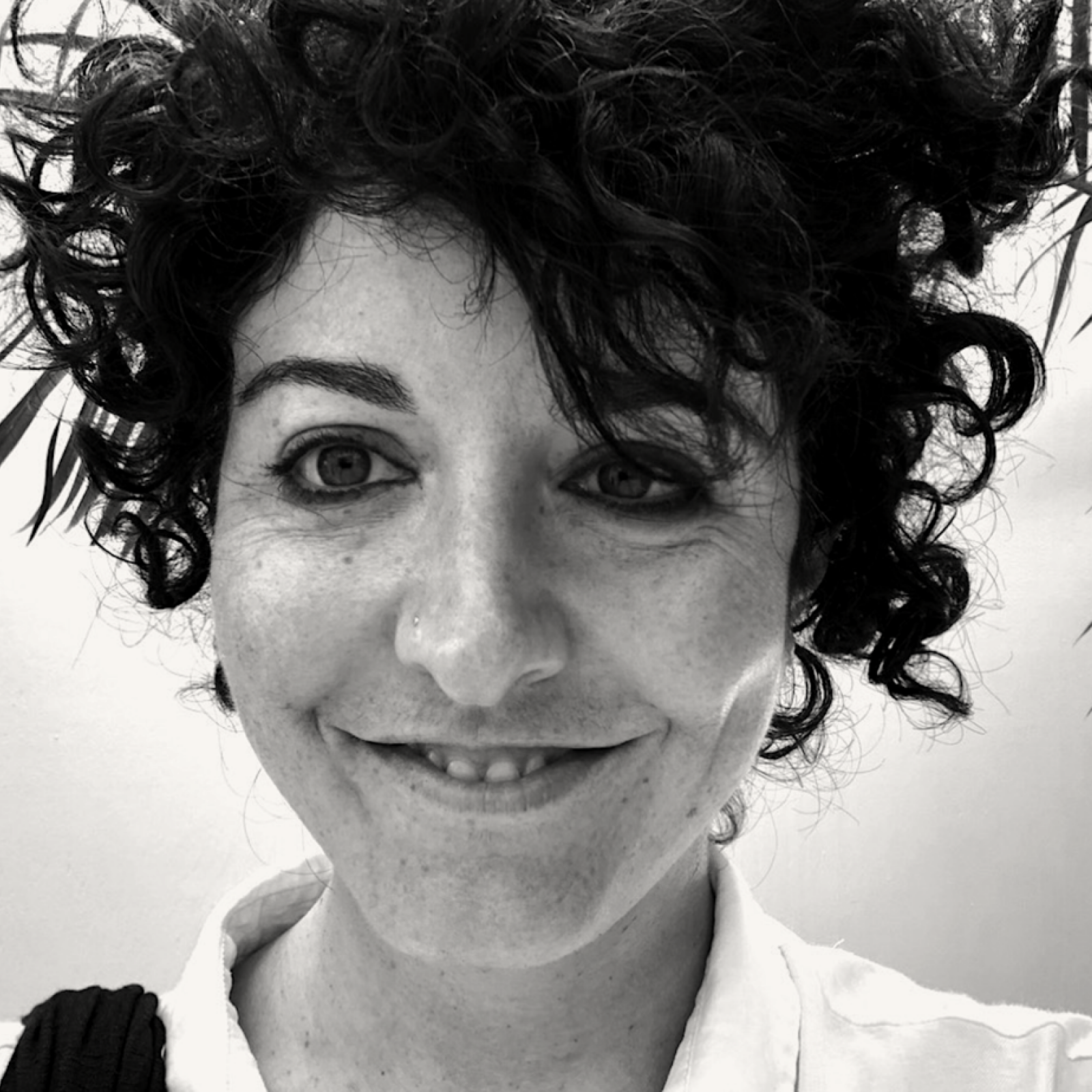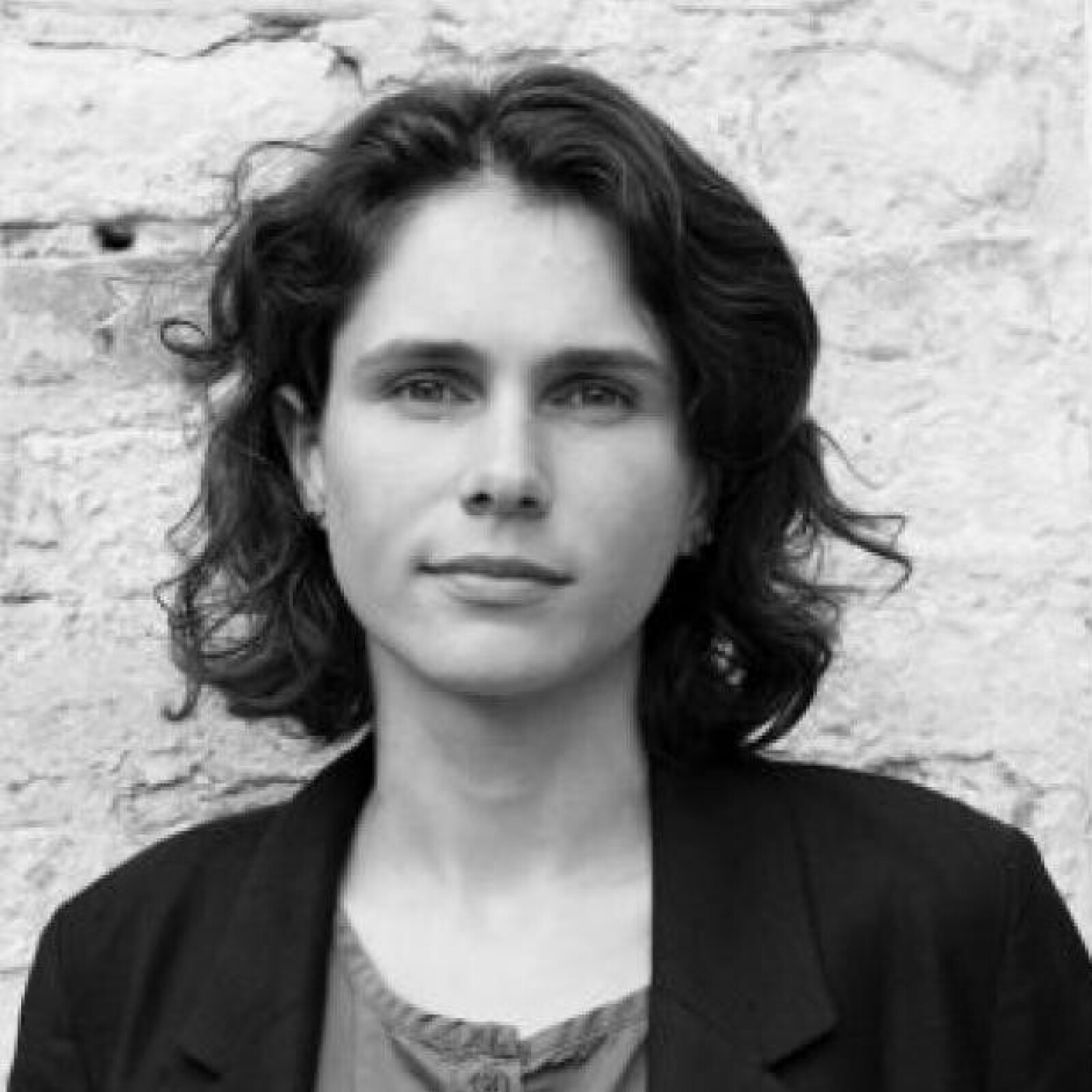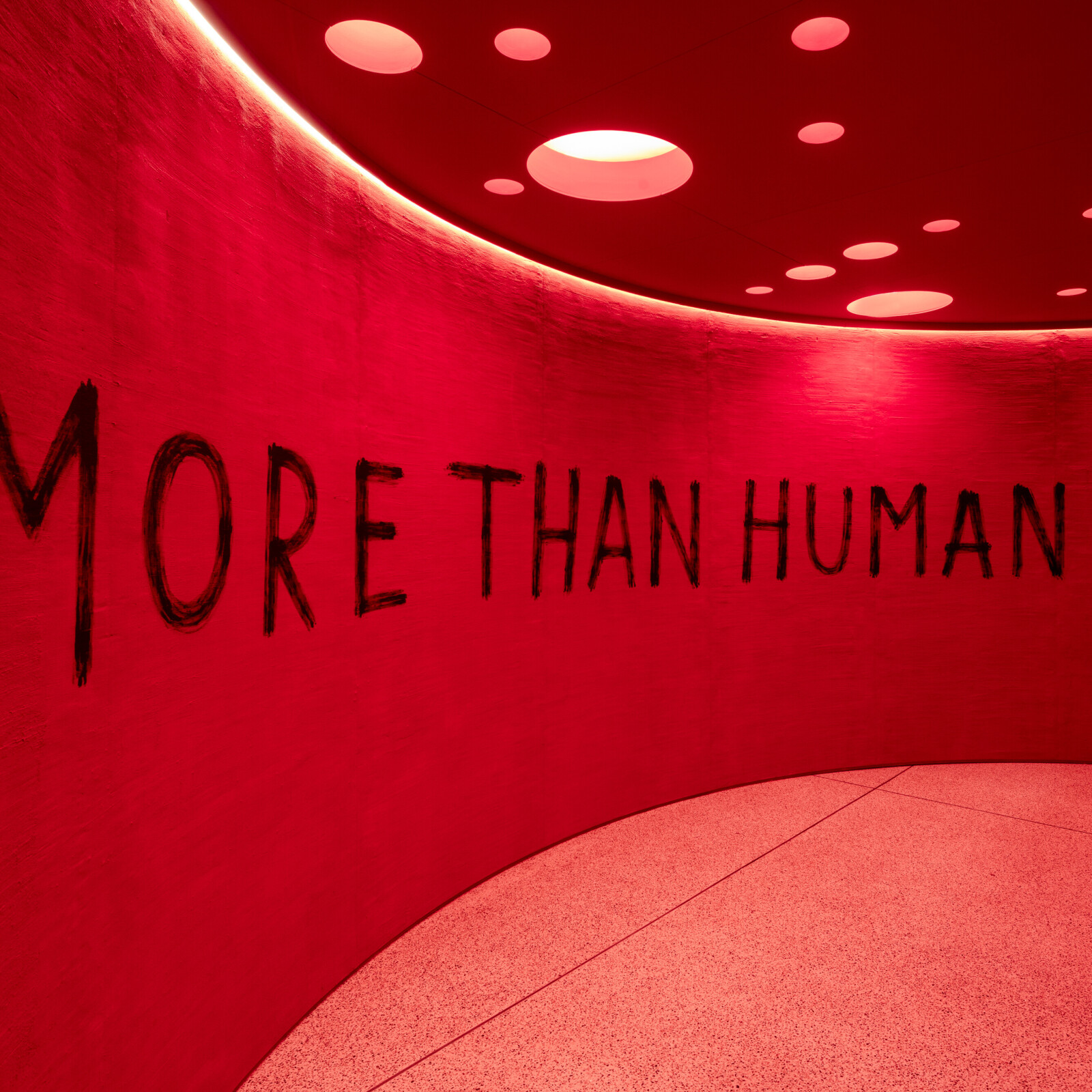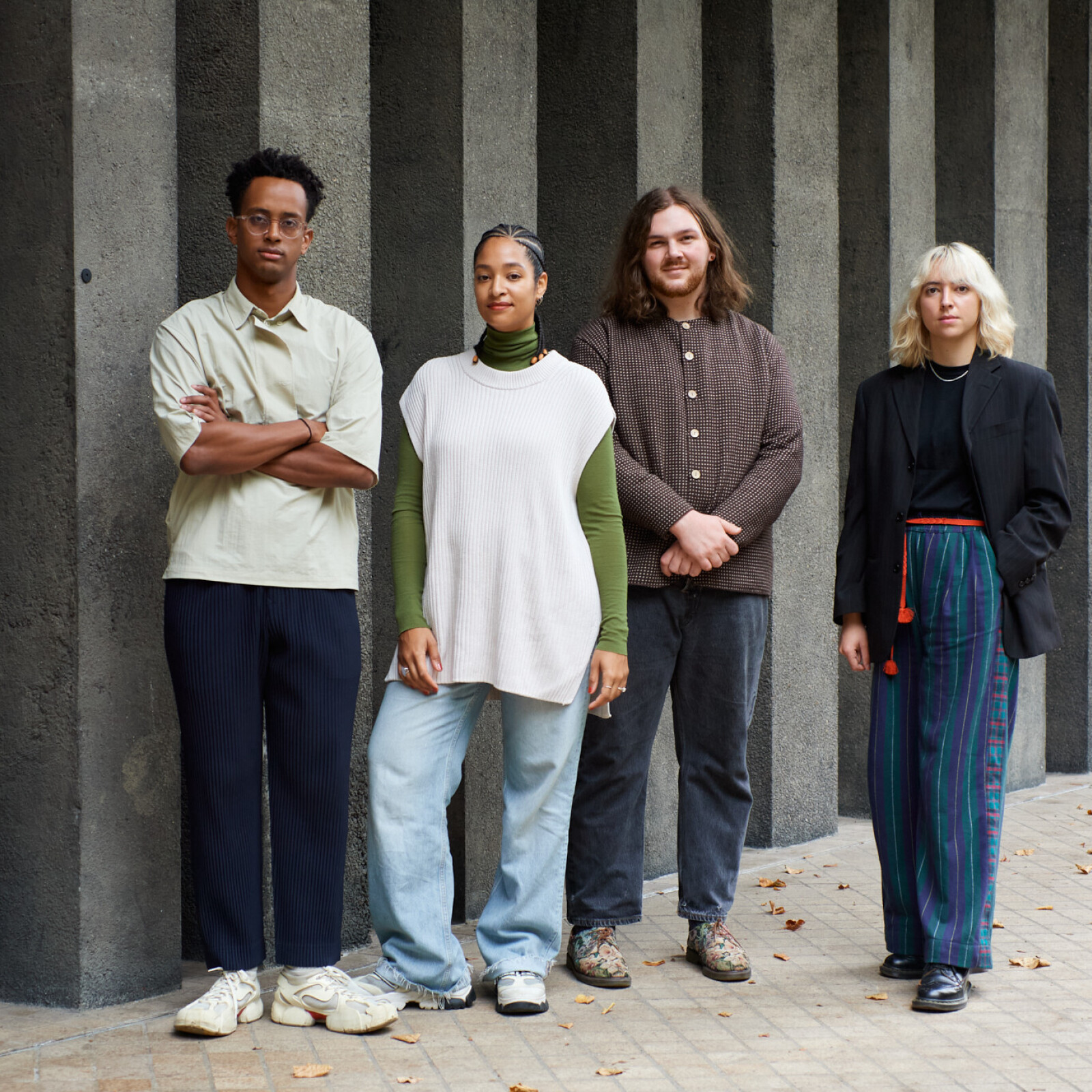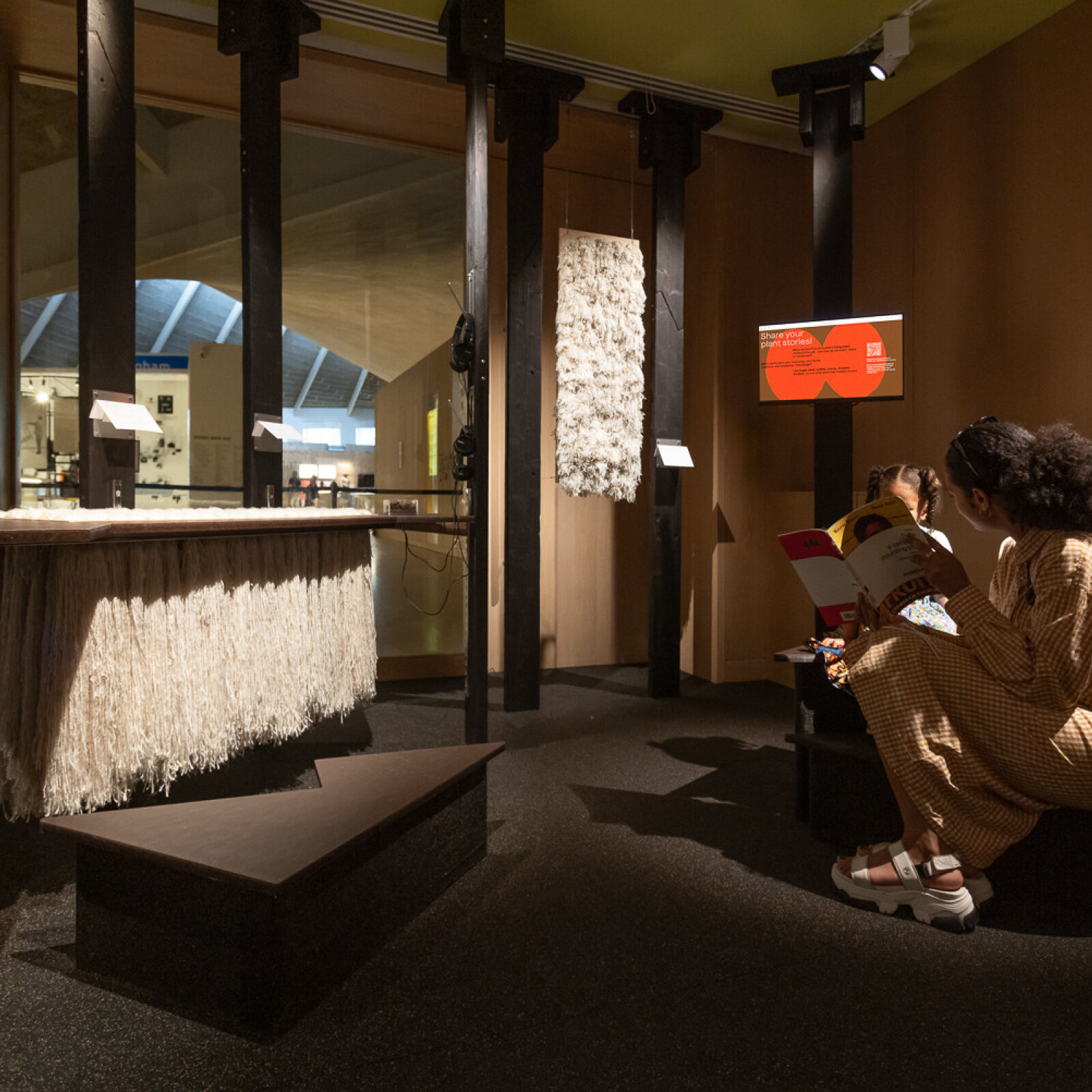When it comes to innovation in design, success is often measured by scale. The perennial question is: how do you scale design up? Impact is counted in millions of units or the percentage of market share. But what if scale is a problematic metric? What if more is not necessarily better? Indeed, what if many of the environmental challenges we face are the result of processes and materials deployed at too large a scale?
The first Future Observatory symposium focuses on design research that challenges our understanding of scale. From the economic to the bioregional to the planetary, it will enquire whether there are appropriate and inappropriate scales of production. What do we mean by ‘local’ and are there natural limits of growth beyond which ecosystems or human networks suffer? Are myriad small-scale solutions superior to standardised, globalised ones? This one-day event will bring together designers, researchers, policy-makers and businesspeople to explore the measures of success.
Speakers include Christian Benimana (MASS Design Group), Jan Boelen (Atelier Luma), Karlijn Sibbel (Notpla), Summer Islam (Material Cultures), Nirav Patel (Framework) and Andrea Trimarchi (Formafantasma).
The symposium will be held in the Design Museum’s main auditorium with a bespoke stage set designed by Material Cultures, commissioned to respond to the Questions of Scale symposium. Event tickets include entry to Waste Age: What Can Design Do? between 10am–6pm.
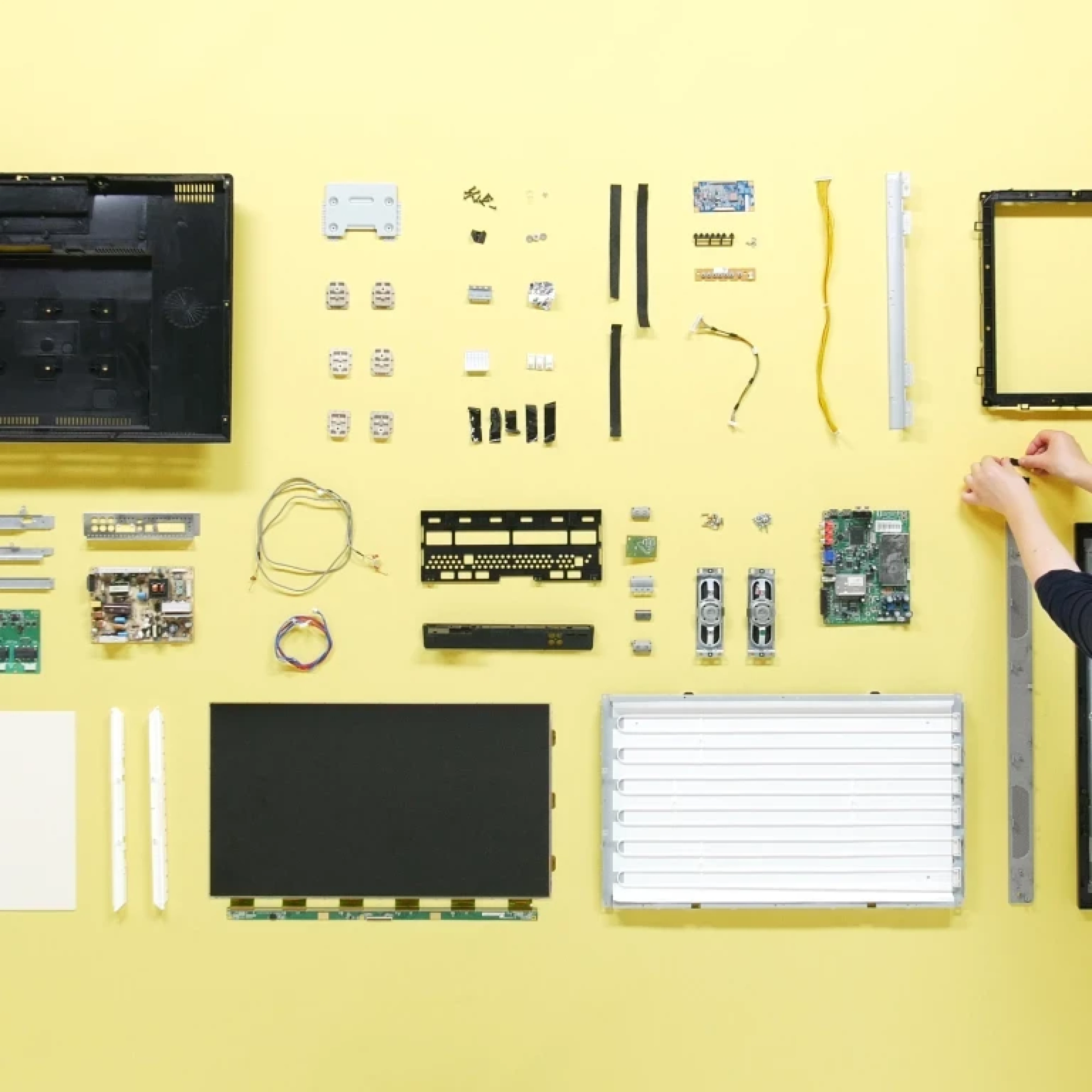

Programme
12.00 – 12.15: Introduction
Tim Marlow, Director, Design Museum
Justin McGuirk, Director, Future Observatory
12.15pm – 13.15: SESSION ONE, REGIONAL SCALES
‘Local’ is a watchword of environmental thinking but the networks and materials required for effective localism are often unexplored. In response to planetary systems and crises, architects and designers are increasingly practising within bioregions, drawing on resources offered up by the surrounding landscapes and their communities.
Christian Benimana, MASS Design Group (joining remotely)
Summer Islam, Material Cultures
Jan Boelen, Atelier Luma (joining remotely)
Panel chaired by Stephanie Sherman, Central Saint Martins
13.15 – 14.15 LUNCH
14.15 – 15.15: SESSION TWO, TIMESCALES
How is a time a factor in designing for the transition to carbon neutrality? Are designers thinking according to longer timescales – those determined by forestry growth, land stewardship or educational cycles – with future needs in mind?
Helen Gordon, Author: Notes from Deep Time
Andrea Trimarchi and Simone Farresin, Formafantasma (joining remotely)
Andrew Waugh, Waugh Thistleton Architects
Panel chaired by Justin McGuirk
15.15 – 15.45: BREAK
15:45 – 16:45 SESSION THREE, ECONOMIC SCALES
Ethical products and technologies have to compete against dominating multinationals and, at the same time, vast industries balk at the structural changes the climate crisis demands. Economies of scale are essential to societal impact and yet, beyond a certain point, become detrimental to change.
Karlijn Sibbel, Notpla
Nirav Patel, Framework (joining remotely)
Rebecca Earley, Centre for Circular Design
Panel chaired by Hettie O’Brien, the Guardian
16.45 CONCLUSION
17.00 SYMPOSIUM ENDS
Speakers
Formafantasma, Andrew Waugh, Christian Benimana, Helen Gordon, Hettie O’Brien, Jan Boelen, Nirav Patel, Rebecca Earley, Karlijn Sibbel, Stephanie Sherman, Summer Islam.
